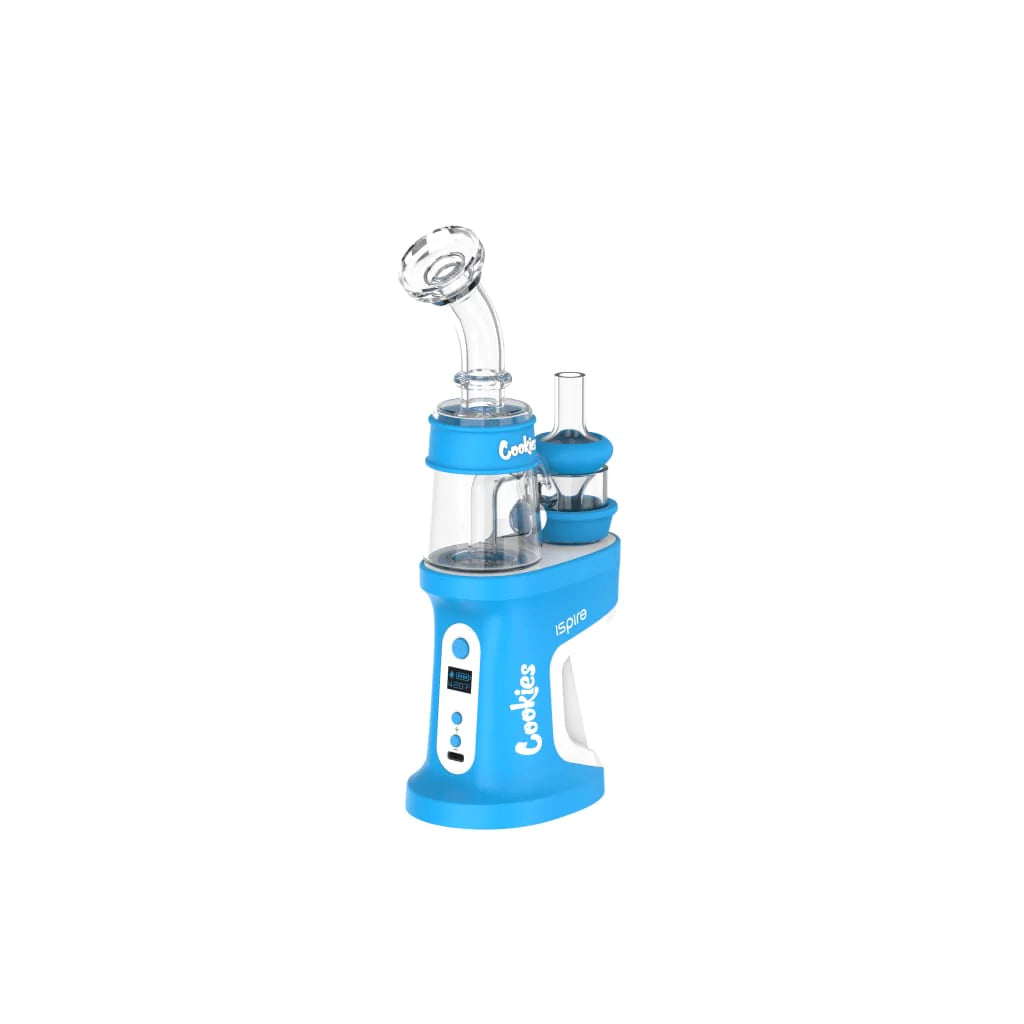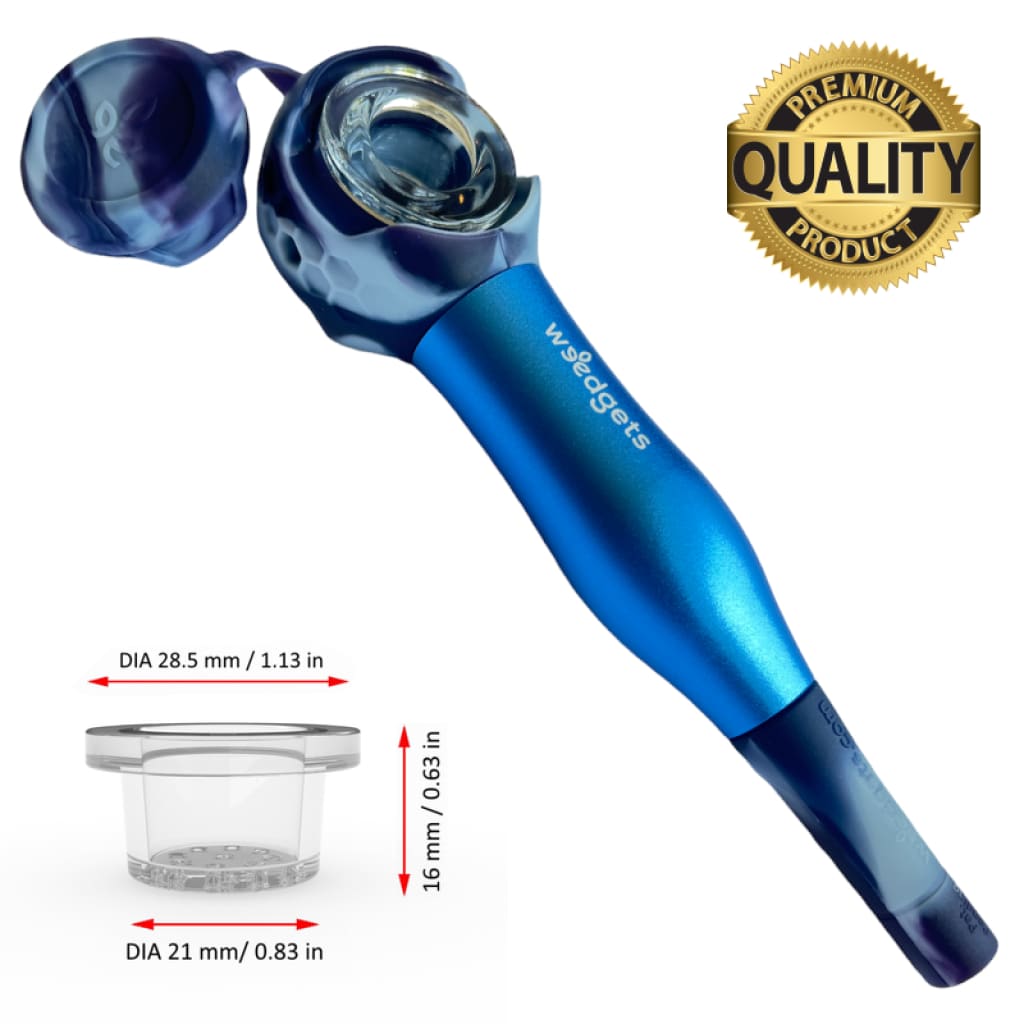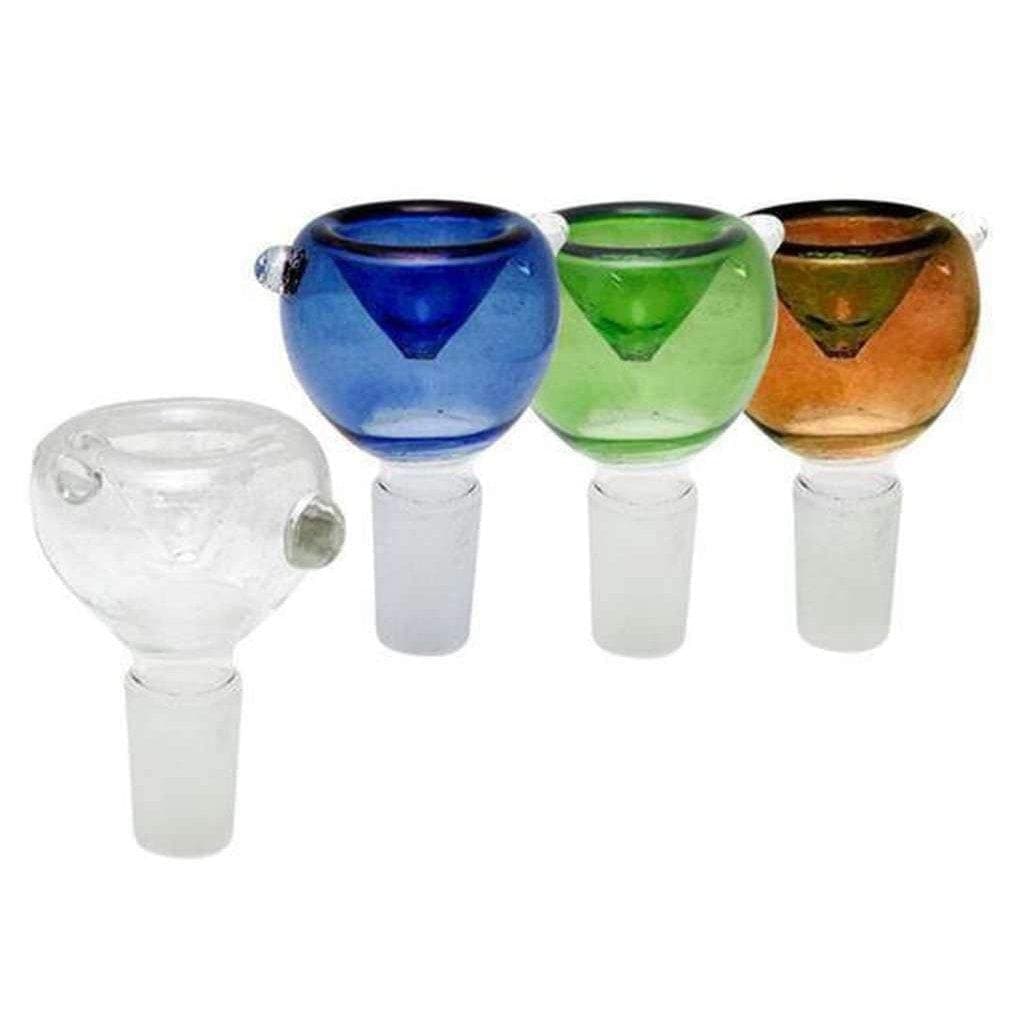How CBD Can Positively Impact Your Mental Health
In the United States, Google search for the term "cannabidiol" or "CBD" reached 6.4 million in April 2019 (Leas). The explosion in the number of searches is indicative of interest in the touted benefits of CBD. Although there is no similar data on Canada, interest is also at an all-time high. An obvious sign is stores running out of CBD products (Retailers struggle to keep CBD on shelves in Canada | CBC News).
Once upon a time and for a century, society frowned upon the use of cannabis. However, that is no longer the case as more evidence of its beneficial use came to light. Inevitably, the Canadian government permitted the medical use of the much-maligned, controversial plant in 2001. Then, inevitably, recreational use became legal under the Cannabis Act of 2018.
CBD, in particular, played a huge role in paving the way for legalization. Although THC itself also has therapeutic benefits, it is also responsible for the "high" - the very reason for cannabis prohibition in 1923. CBD also provides many beneficial properties but without psychoactive effects. On this point, you could say that the optics look better by citing CBD as the reason necessitating cannabis legalization.
Another way you could look at it is the lack of effective pharmacological solutions to health conditions, forcing patients to look for alternative medicines.
In this article, the focus is discerning facts from myths concerning the use of CBD to impact mental health positively.
The Use of CBD Oil for Mental Health
According to the Mental Health Commission, 1 in every 5 Canadians live with a mental health problem or illness in 2016 - that is 7.5 million people. In the same year, 1.6 million affected individuals reported their mental health care needs were only met partially or not at all (Strengthening the Case for Investing: Backgrounder).
The ongoing pandemic has certainly made things worse than it already is, with a survey showing 22% of Canadians diagnosed with depression, 20% with anxiety (Flanagan).
Can CBD help?
On CBD not producing the same intoxicating effects as THC - that is a well-established fact. More importantly, it does not have the same potential for abuse (Cannabidiol (CBD): Critical Review Report). In many trials, including randomized controlled, the use of CBD is generally well-tolerated and has a good safety profile.
Having ascertained that CBD, indeed, is safe for human use is one thing. However, its viability and efficacy are other things.
Anxiety Disorders
There are four main types of anxiety disorders:
- Generalized anxiety disorder (GAD)
- Social anxiety disorder (SAD)
- Specific phobias
- Panic disorders (PD)
In the past, anxiety disorder includes obsessive-compulsive disorder (OCD) and post-traumatic stress disorder (PTSD). However, the latest revision of the Diagnostic and Statistical Manual of Mental Disorders-5 no longer classify both these conditions as such. Nonetheless, differentiating them is vague as their primary symptom is still extreme anxiety.
The therapeutic properties of CBD appear limitless:
- Analgesic
- Anti-inflammatory
- Antiarthritic
- Anticonvulsant
- Antiemetic
- Antineoplastic
- Antioxidant
- Antipsychotic
- Neuroprotective
Indeed, the potential of CBD in such a diverse range of conditions has many dubbing it a "miracle cure." Note that there is still a need for more clinical trials, although the evidence found in current literature is compelling.
On the surface, several illnesses are the reason why some people experience stress. Alleviating those symptoms can undoubtedly go a long way in reducing the progression of stress to anxiety.
CBD, however, can do more than that. Take its interaction with receptors that regulate fear and any behavior related to anxiety (Blessing et al.). It is through this mechanism that CBD can exert anxiolytic effects. Its potential for treating or suppressing symptoms of anxiety disorders is very promising, especially when you consider that it has no anxiogenic effects at high dosages.
Depression
There are several types or forms of depression:
- Major depression
- Persistent depression (persistent depressive disorder)
- Bipolar disorder (manic depression)
- Depressive psychosis (psychotic depression)
- Perinatal depression (major depressive disorder with peripartum onset or postpartum depression)
- Premenstrual dysphoric disorder (PMDD)
- Seasonal affective disorder (SAD) (major depressive disorder with seasonal pattern)
- Situational depression
- Atypical depression
Similar to treating the symptoms of anxiety, CBD can also do the same for many depressive symptoms. Depression can be due to other conditions - chronic pain and stress, among others. Cannabis, notably THC, CBD, and other compounds like terpenes, can provide relief (Li et al.) and prevent or mitigate depression. The efficacy and duration of its antidepressant properties largely depend on the chemotype of weed strains.
THC, however, is not without possible issues. For instance, it exerts psychoactive effects that alter perception and hinder cognitive and motor functions. Fortunately, isolating CBD does not entirely diminish its ability to improve mental health. One study, for instance, notes how its antidepressant effects are similar to imipramine (Zanelati et al.).
In conclusion, CBD appears to be beneficial in two ways. First, it helps indirectly by easing pain, stress, and other anxiety or depression-inducing symptoms. Second, it possesses both anxiolytic and antidepressant properties. For 1 out of 8 Canadians who will experience major depression at one point in their lifetime, CBD may be a source of relief.
Sleep
Getting enough sleep is not only a necessity for the body to regenerate cells. It is also essential to the well-being of mental health. Not everyone is fortunate, though, as these figures indicate.
In Canada, the number of people not getting enough sleep by age groups is:
- 1 in 4 people aged 18-34
- 1 in 3 people aged 35-64
- 1 in 4 people aged 65-79
Sleep deprivation, apart from leading to depression and other mental health issues, can also cause:
- Diabetes
- Heart attack
- Heart failure or stroke
- Impairment in immunity
- Lower sex drive
- Obesity
Lack of sleep may be due to a sleep disorder such as insomnia. It might also be due to stress, pain, and symptoms of other illnesses. CBD’s calming effects can, for sure, alleviate some of the root causes. One research to see the efficacy of CBD in improving sleep and anxiety produced impressive results (Shannon et al.). Anxiety scores of 79% of participants decreased after the first month of taking CBD. Sleep scores improved for 66% of the participants.
The Effects of CBD Provides Mental Health Benefits
One can argue that the current studies on using CBD for medical conditions and possibly treating a mental illness are lacking. Although there are already many studies published, a significant number involved animal tests. Nonetheless, many more studies are underway, including randomized clinical trials, which should offer more compelling evidence.
While waiting for more scientific evidence of CBD’s efficacy, there is already more than enough indications that it can provide a degree of relief. As many people can attest to, CBD has helped them cope with anxiety, depression, and sleep difficulties.
Even without suffering from a mental illness, medical patients can benefit from its many other properties - pain relief is one. As for casual consumers, its calming effects can promote positive mental health by merely reducing stress. More importantly, too, there are little to no side effects to worry about in reaping these benefits.
Should you use CBD?
The one thing you should remember is to purchase CBD oil from a reputable cannabis supplier. Only through them can you obtain extracts precisely as the label indicates, free of impurities and contaminations.
Citations
Leas, Eric C. “Trends in Internet Searches for Cannabidiol (CBD) in the United States.” JAMA Network Open, JAMA Network, 23 Oct. 2019, jamanetwork.com/journals/jamanetworkopen/fullarticle/2753393.
“Retailers Struggle to Keep CBD on Shelves in Canada | CBC News.” CBC News, CBC/Radio Canada, 6 May 2019, www.cbc.ca/news/canada/british-columbia/cbd-shortage-canada-retailers-struggle-1.5124222.
“Strengthening the Case for Investing: Backgrounder.” Mental Health Commission of Canada, Health Canada, www.mentalhealthcommission.ca/English/case-for-investing-backgrounder.
Flanagan, Ryan. “Canadians Reporting More Anxiety and Depression than Ever before, Poll Finds.” CTV News, Bell Media, 14 Jan. 2021, www.ctvnews.ca/health/coronavirus/canadians-reporting-more-anxiety-and-depression-than-ever-before-poll-finds-1.5266911.
Cannabidiol (CBD): Critical Review Report. World Health Organization, June 2018, www.who.int/medicines/access/controlled-substances/CannabidiolCriticalReview.pdf.
Blessing, Esther M, et al. “Cannabidiol as a Potential Treatment for Anxiety Disorders.” Neurotherapeutics: the Journal of the American Society for Experimental NeuroTherapeutics, Springer US, Oct. 2015, www.ncbi.nlm.nih.gov/pmc/articles/PMC4604171/.
Li, Xiaoxue, et al. “The Effectiveness of Cannabis Flower for Immediate Relief from Symptoms of Depression.” The Yale Journal of Biology and Medicine, YJBM, 29 June 2020, www.ncbi.nlm.nih.gov/pmc/articles/PMC7309674/.
Zanelati, T V, et al. “Antidepressant-like Effects of Cannabidiol in Mice: Possible Involvement of 5-HT1A Receptors.” British Journal of Pharmacology, Blackwell Publishing Ltd, Jan. 2010, www.ncbi.nlm.nih.gov/pmc/articles/PMC2823358/.
Shannon, Scott, et al. “Cannabidiol in Anxiety and Sleep: A Large Case Series.” The Permanente Journal, The Permanente Journal, 2019, www.ncbi.nlm.nih.gov/pmc/articles/PMC6326553/.







